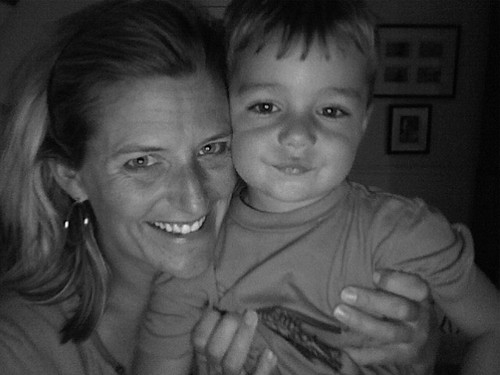"Why hadn't he realized this before? Everyone knew that if you divided reality by expectation, you got a happiness quotient. But when you inverted the equation — expectation divided by reality — you didn't get the opposite of happiness. What you got, Lewis realized, was hope.
Pure logic: Assuming reality was constant, expectation had to be greater than reality to create optimism. On the other hand, a pessimist was someone with expectations lower than reality, a fraction of diminishing returns. The human condition meant that this number approached zero without reaching it — you never really gave up hope; it might come flooding back at any provocation."
I seem to have a problem with the flooding back part. Evidently, I need to become a little more pessimistic.
Or maybe not. This may be a bit too much like math for me.



1 comment:
The trouble is that reality is seldom a constant. We go through times of prosperity and hardship, so the quality of reality varies with time.
In times of hardship, where Reality approaches zero, and one's expectations also diminish toward zero, the determination of hope as a limit becomes indeterminate (0/0).
I suppose one could whip out L'Hospital's Rule from differential calculus, but I'm too lazy to go look up the differentiation formulae from a table to see whether there is an answer. Hence, the proof is left as an exercise for the reader.
Please note that the form of the equation changes substantially in the case where antidepressant medication is involved.
--
2amsomewhere
(hey, at least I didn't punt by saying it was "beyond the scope of this post")
Post a Comment